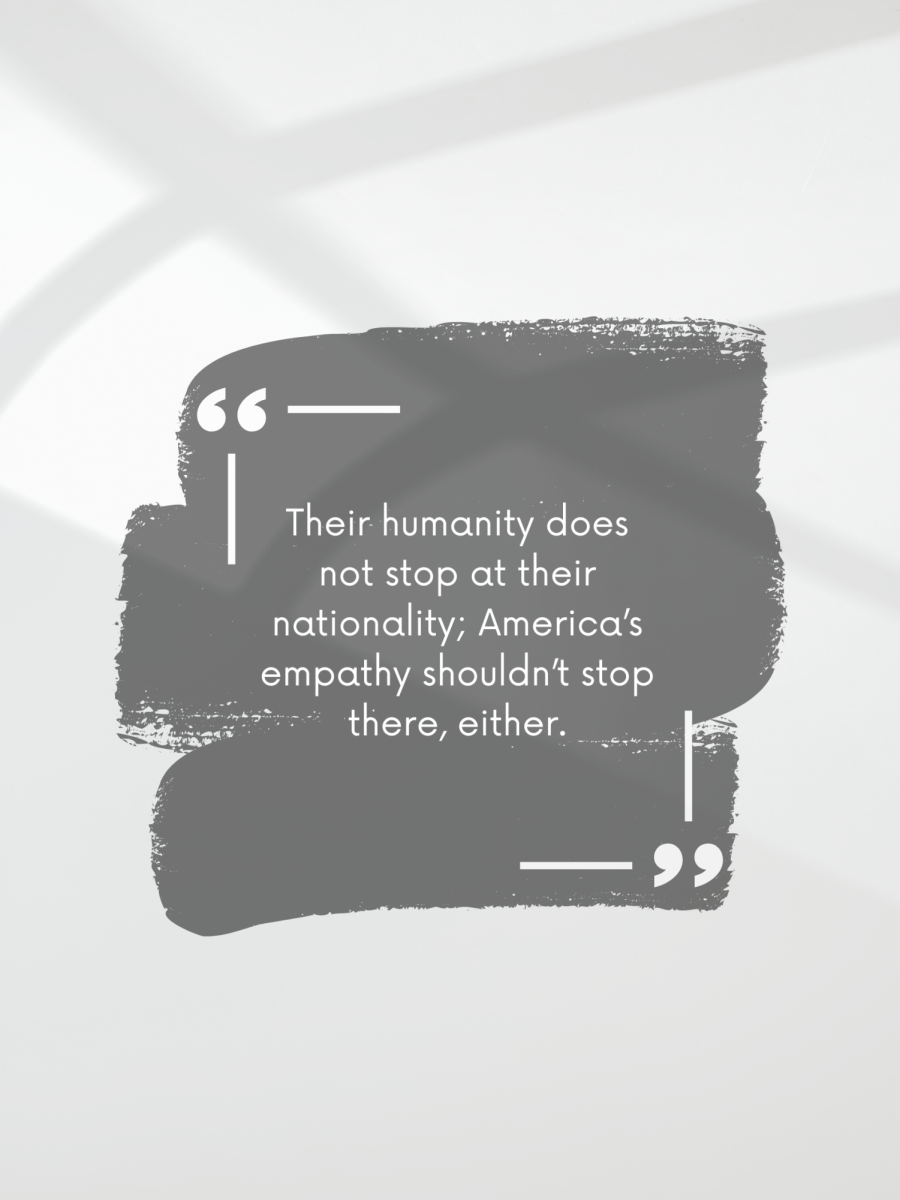he box-office hit Barbie has touched the hearts of men and women alike, highlighting the struggles of all people under a patriarchal system. However, the movie has sparked an essential debate amongst American citizens: Are patriarchal ideals really plaguing the United States?
Before a person can understand the current effects of patriarchy on society, it is vital to understand when and why certain guiding principles of the system were developed. The gender equality struggle in the United States began long before the colonizers first stepped on American soil. Women have typically been viewed in western societies and cultures as “less than”- meaning that a world created for the convenience of men isn’t a new problem, it has been a pervasive issue for hundreds of years that has only within the last century gained traction as a royal social inequality. Unfortunately, a millennia of indoctrinated belief cannot be directly fought with a mere century of basic understanding.
This said, it’s clear that women have been fighting the system for years with little return and small victories, some of which are achieved just to be overturned less than 100 years later. An example of the latter was the Supreme Court’s landmark decision to overturn Roe v. Wade just over one year ago in June 2022, harshly limiting and in some cases banning a woman’s right to terminate a pregnancy- yet another “spice” added to the mixing pot of stirring debate about the “American Dream” system, and how men are typically the beneficiary of it.
Microcosms contributing to patriarchy are often overlooked- and thus deemed nonexistent by enough ignorant people in power to influence the entire country. When asked if he believes in a patriarchal system, Jordan Lockard, a world history, government, and psychology teacher at LHS, stated, “You mean to the fact that women make 84 cents to every dollar a man makes?” Lockard went on to describe numerous examples of how a woman’s day-to-day life is complicated simply because she is not a man. Amongst these examples, Lockard focused on how a woman is more likely to be injured in a car crash because the features of a car are “designed for men.”
Data from the World Economic Forum (WEF) proved him right.
“Women are 47% more likely to suffer severe injuries in car crashes because safety features are designed for men.”
Below this fact, the article described how car safety features had been designed for men’s size and weight rather than both men and women.
The film Barbie used satire to exemplify the struggles of people living under a patriarchy in contrast with its’ direct opposite -a matriarchy- in which women were “primary” and males were “secondary”. The movie faced extreme backlash from critics for this very reason.
Here’s what the Los Angeles Times has to say on the topic;
“[People] attacking the film as anti-male propaganda ignore its central message, which is that patriarchy harms everyone, regardless of gender. But [others] caricaturing every detractor as a dweeb may be missing the subtext: a world that disregards men and their feelings is an inverted form of patriarchy and also cruel.”
Also stated within their reviews, “The film’s reception has focused on its messages of women’s empowerment, but what makes it a radical story is that it also invites women to reimagine feminism so that it doesn’t ignore male struggles.”
For many, the validity of the patriarchy is very abstract. Women could just say they feel more disadvantaged than men and might feel more disadvantaged, but who’s to say they’re right?
The United Nations’ Women ‘Facts and Figures’ page notes that women make up 2/3 of the world’s illiterate population, and 60% of the world’s chronically hungry people are women and girls, highlighting the disproportionate margins between men and women when it comes to who has access to basic human necessities.
The notion that the Barbie film is radical feminism is not wholly untrue because it highlights the basis on which feminism relies; systems in place that can be and have been deemed “patriarchal” in nature don’t just affect women, they affect all people, and should thus be dismantled. In masculinity-centric patriarchy, femininity is seen as weak and masculinity as strong. But terms like “strong” and “weak” are abstract ideas, there is no set standard for what the words mean other than their definition as adjectives. These standards conflict with the spectrums that human beings find themselves on like gender and identity, or even just emotions as a whole.
When men, notably celebrities like Harry Styles, lean into their femininity, society often comments negatively upon them, with articles titled “A man in a dress is not inspiring — he is simply a man in a dress.”
The problem with the title isn’t the title itself, because it should be a true statement. Men in a dress are simply that men in a dress. The problem is the toxic masculinity along with the context of the article.
What are men supposed to do when they want to lean into their femininity when they are consistently told that femininity is weak and unamiable?
Most Americans will agree this land was built upon the belief of freedom and opportunity. But is it allowing freedom to restrict men and women into gender-based roles? Is it allowing opportunities to dismiss the voices of people trying to speak out about their gender-related experiences on the sole basis of ‘not seeing’ it? The “American way” is to fight for the rights and freedoms of all people, even if that means restructuring the way we think and teach about our society.
Challenging authority should be embraced, just as it was when men challenged tyranny to found America. If one finds themselves challenging the existence and development of patriarchy, they should ask themselves two key questions: 1) am I disregarding these experiences because I have been taught to?; and 2) would I disregard them the same way if I were the one to experience it?
Categories:
Barbies and Kens Debate Over Patriarchy
1
More to Discover






